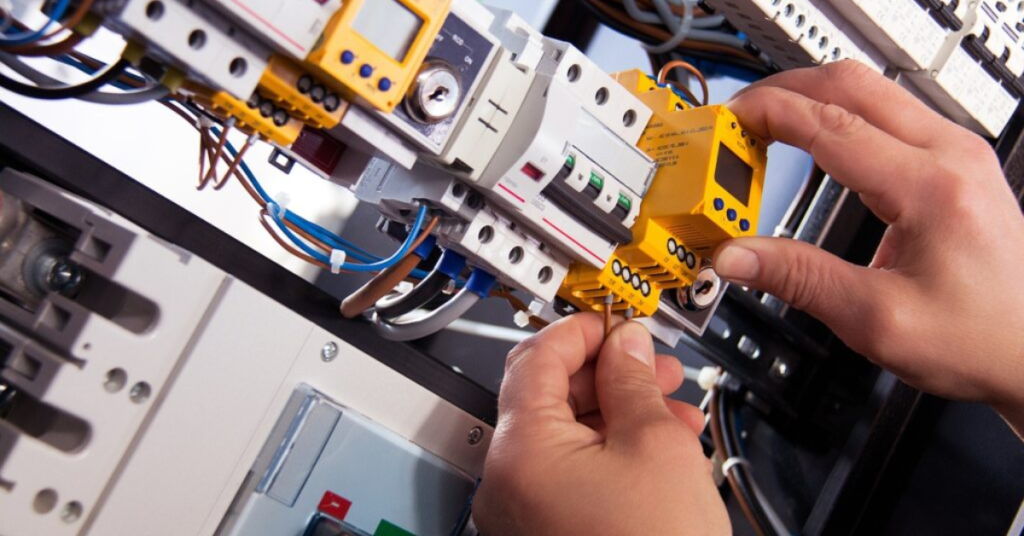When it comes to wiring in marine environments, there are specific rules that need to be followed to ensure safety and functionality. The American Boat and Yacht Council (ABYC) has its own set of standards that differ greatly from typical terrestrial wiring applications. Following these guidelines when wiring your boat ensures safe and long-lasting electrical systems, avoiding the potential for electrical failure.
Key Considerations for Marine Electrical Wiring
1. Flexibility of Cables
Marine environments involve constant motion, from gentle rocking to violent jarring while cruising. To avoid breaking or disconnecting cables, flexibility is crucial. This is why marine electrical wires should have finely stranded conductors rather than a solid copper core, which is more prone to cracking under movement.
2. Corrosion Resistance with Tinned Copper
The use of solid copper conductors for marine wiring is not recommended, as they are more prone to corrosion. To combat this, many marine cables are made using tinned copper, which maintains excellent conductivity and resists the corrosive effects of saltwater and moisture.
3. High-Grade Insulation
Marine electrical cables must be equipped with high-quality insulation to withstand harsh conditions like water, oil, and other corrosive substances commonly found in the engine room. The insulation protects the wire from breakdowns caused by solvents such as gasoline or oil, preventing exposed conductors and potential short circuits.
4. Proper Terminals and Secure Connections
Due to constant movement on boats, traditional terminals can vibrate loose. Instead, use screw-in terminals for secure connections, ending the wires with ring terminals. Crimp and secure them with shrink tubes to prevent any loosening over time, ensuring a reliable electrical system.
Conclusion
Whether you’re working on a small boat or a large yacht, ensuring the proper wiring and connections is critical for both safety and performance. Always consult the ABYC guidelines, and be sure to purchase quality marine wiring components to ensure your boat’s electrical system lasts. Visit EWCS Wire for high-quality marine wire and cables, designed for durability and reliability in even the harshest marine environments.



